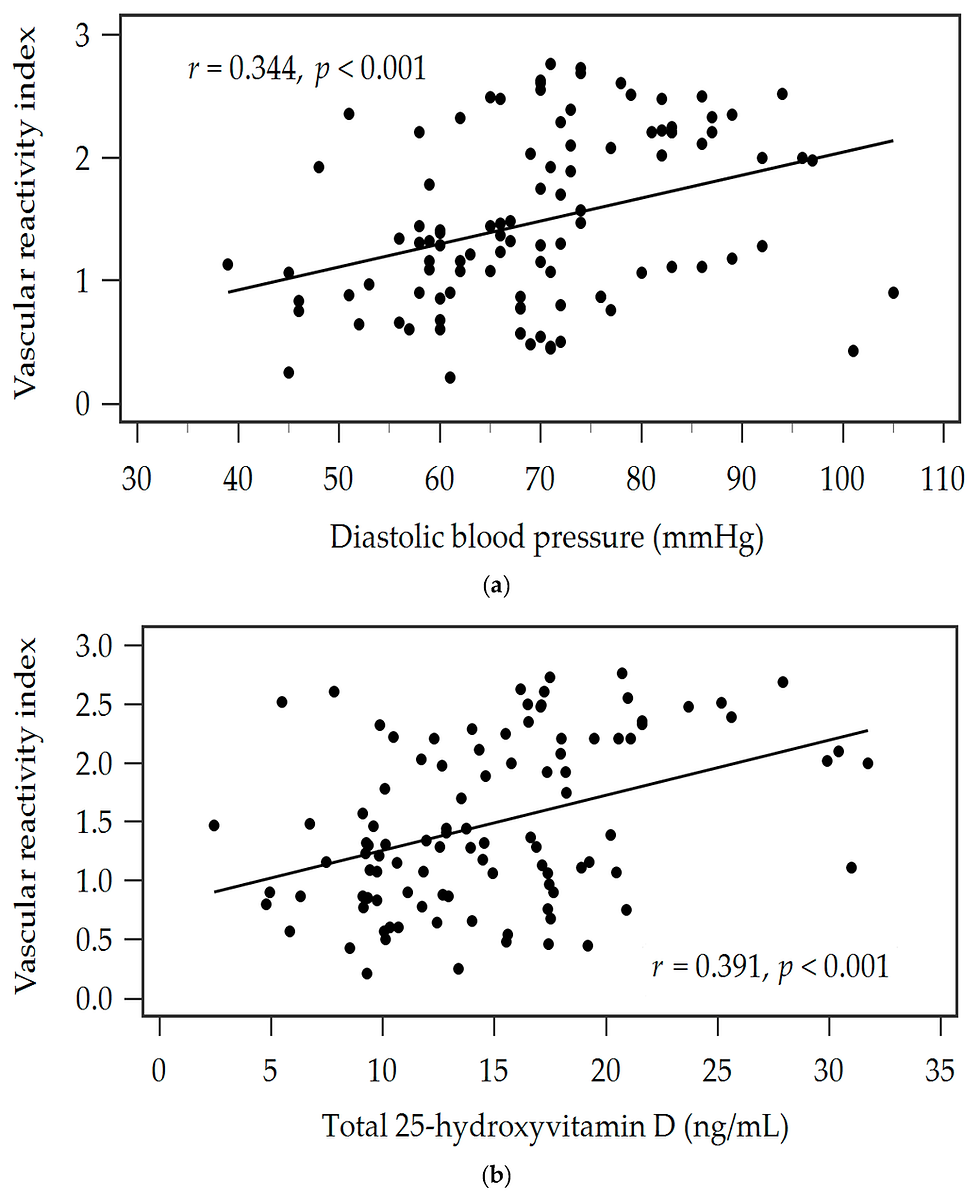New insights into “reversible” vs. “irreversible” endothelial dysfunction in COVID-19
- heartlung
- Jan 16, 2023
- 1 min read
Updated: Jan 18, 2023
Rev Cardiovasc Med 2020 Sep 30;21(3):315-319.
Endothelial dysfunction contributes to COVID-19-associated vascular inflammation and coagulopathy
Jun Zhang 1, Kristen M Tecson 1, Peter A McCullough 1 2 3
Affiliations
· 1 Baylor Heart and Vascular Institute, Dallas, TX 75226, USA.
· 2 Baylor University Medical Center, Dallas, TX 75226, USA.
· 3 Baylor Jack and Jane Hamilton Heart and Vascular Hospital, Dallas, TX 75226, USA.
Abstract
Great attention has been paid to endothelial dysfunction (ED) in coronavirus disease 2019 (COVID-19). There is growing evidence to suggest that the angiotensin converting enzyme 2 receptor (ACE2 receptor) is expressed on endothelial cells (ECs) in the lung, heart, kidney, and intestine, particularly in systemic vessels (small and large arteries, veins, venules, and capillaries). Upon viral infection of ECs by severe acute respiratory syndrome coronarvirus 2 (SARS-CoV-2), ECs become activated and dysfunctional. As a result of endothelial activation and ED, the levels of pro-inflammatory cytokines (interleukin -1, interleukin-6 (IL-6), and tumor necrosis factor-α), chemokines (monocyte chemoattractant protein-1), von Willebrand factor (vWF) antigen, vWF activity, and factor VIII are elevated. Higher levels of acute phase reactants (IL-6, C-reactive protein, and D-dimer) are also associated with SARS-CoV-2 infection. Therefore, it is reasonable to assume that ED contributes to COVID-19-associated vascular inflammation, particularly endotheliitis, in the lung, heart, and kidney, as well as COVID-19-associated coagulopathy, particularly pulmonary fibrinous microthrombi in the alveolar capillaries. Here we present an update on ED-relevant vasculopathy in COVID-19. Further research for ED in COVID-19 patients is warranted to understand therapeutic opportunities.
Keywords: COVID-19; SARS-CoV-2; coagulation; cytokines; endothelial dysfunction; thrombosis; von Willebrand factor.



![Lipoprotein(a) levels predict endothelial dysfunction in maintenance hemodialysis patients: evidence from [VENDYS] vascular reactivity index assessment](https://static.wixstatic.com/media/dac531_5285607cc591409a9d83746f042af7c6~mv2.png/v1/fill/w_980,h_980,al_c,q_90,usm_0.66_1.00_0.01,enc_avif,quality_auto/dac531_5285607cc591409a9d83746f042af7c6~mv2.png)
Comments